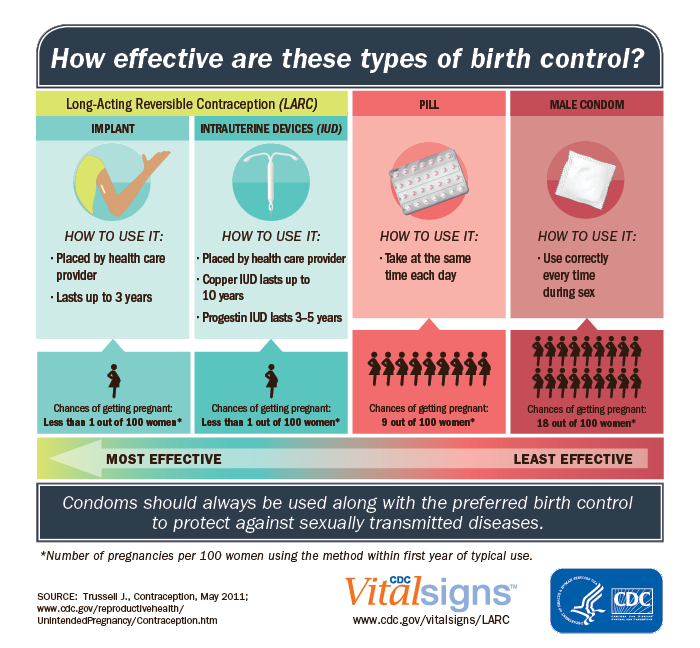If you notice that you have a blood clot in the arm then it is important to know safe treatments methodsA clot can be quite dangerous if it breaks and spreads to various parts of the body. In most cases blood clots in an arm is a source of major inconvenience and disability but it may become life-threatening in a small number of cases.
 The Truth About Traveling Blood Clots Everyday Health
The Truth About Traveling Blood Clots Everyday Health
3 You May Have Leg Pain Michigan Comprehensive Stroke Center explains.

Can you feel a blood clot in your arm. Sometimes these clots can be damaging. Swelling in the affected area. As you can see in this picture the arm vein that goes inside the chest combines with the vein that drains blood from the head and neck going into the right side of the heart.
There is reddiness of the skin the color can turn to bluish shade even. It can spread to the lungs which can impede proper lung functioning and it can also lead to heart attack or stroke if it reaches the heart or the brain. Some of the possible complications of a blood clot in the arm can be dangerous.
A person may have raised blood pressure as the result of a blood clot. A clot in your arm or leg may turn the skin bluish or reddish and it may stay that way for days because blood vessels have been damaged as the clot passed through them. 2 You May Have Abdominal Pain According to the FDA pain in the abdominal region is one of the main symptoms to watch out for.
A blood clot in the leg or arm can cause symptoms like swelling pain a warm sensation redness and tenderness in the affected area. Different blood clots give different symptoms depending on where the clot is found and how big it is. One of the biggest dangers is.
Blood clots can happen in the arm but those usually start in the upper ar. The blood clots in the leg or the arm can have the below mentioned symptoms. You may even notice a slight reddish or bluish hue to your skin.
When an arterial embolism winds up in an artery of the arm it can result in the arm feeling weak the skin becoming discolored a cold sensation in the fingers or the entire hand and the possible loss of movement in the entire arm. With a blood clot your leg may also feel warm as the clot worsens. This could be in your arm leg wherever youre hurt.
You may even notice a slight rosy or somewhat blue tone to your skin. A pulmonary embolism in the lung can make your skin pale bluish and clammy because youre not getting enough oxygen. When you get cut your blood clumps together to form a clot.
Though the most common place for the occurrence of blood clots in the lower leg the clots in the arms are common too. An arterial embolism is a clot that starts in one part of the body but winds up clotting the arteries in another part of the body. With blood coagulation your leg may likewise feel warm as the coagulation intensifies.
Pain in the arm is most likely something local- ulnar nerve or tendinitis. A blood clot in the arm that results in symptoms may occur because waxy cholesterol plaque that forms in arteries suddenly breaks off becoming an. You shouldnt stress over coagulation if the leg torment is aggravated with practice yet eased by rest.
Moderate to severe pain. The early blood clot in arm symptoms may inlude swelling pain tenderness if you touch this place. You shouldnt worry about a clot if the leg pain is made worse.
5 What Symptoms You Should Worry About Most man in white casual t. Shortness of breath or a difficulty breathing can be a sign you have a blood clot. Throbbing or cramping pain swelling.
The NHS lists the following as symptoms of blood clots.











